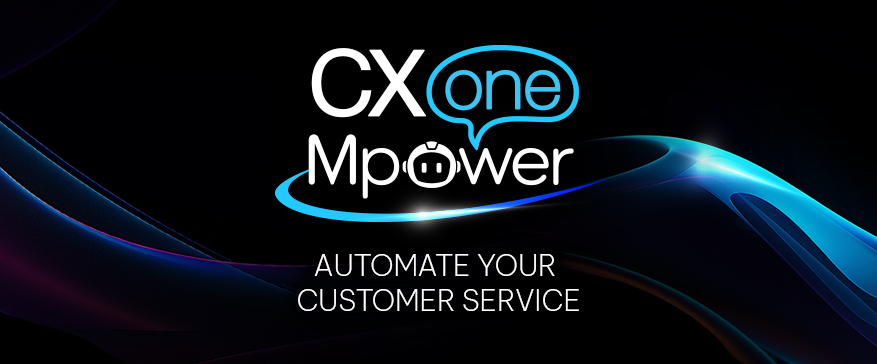Strong soft skills have an outsized impact on customer sentiment and, by extension, on the customer experience (CX). When customer service agents exhibit positive behaviors like empathy, effective communication, and problem-solving, customers feel valued and understood, and they’re more likely to maintain a positive long-term relationship with the brand.
But it’s not easy to accurately assess soft skills. That’s because the soft skills that play a defining role in improving customer sentiment can be subjective and difficult to define. Many companies decide to not measure them at all, and many of those that do measure them fail to tie them to the overall CX.
Without being able to fairly evaluate soft skills, organizations are viewing an incomplete picture. Because contact centers don’t have a truly holistic view of agent performance data and are relying on small samples and inconsistent analysis, it’s safe to say that decisions based on current quality management programs are not data-driven.
This is a huge challenge for contact centers today, but one that AI and machine learning are beginning to address, according to a
report recapping the findings of a recent survey commissioned by NICE. The survey of 400 senior decision makers—supervisors, managers, directors, and VPs who work in customer care, customer service, or contact center departments with at least 200 agents in the U.S. and the U.K.—was designed to better understand the relationship between agent soft skills, customer satisfaction, and the potential of artificial intelligence (AI) to revolutionize how companies across industries evaluate agent performance.
One of the key focuses of the survey was the impact of soft skills and AI on contact center performance. Here’s what we learned.
Soft skills disconnect: 94% of companies recognize importance of soft skills yet 6 in 10 fail to measure them
The vast majority of contact center leaders surveyed say soft skills are a “very important” factor for CSAT, which is the top metric being measured today and an area in which organizations are competing. Soft skills are important regardless of contact type or industry, but in some instances, they are critical—for example, when an agent is providing complex technical support or handling a repeat caller who is already frustrated before they pick up the phone.
But while there’s widespread awareness of the impact of agents’ soft skills on CX, just 41% of companies are measuring these vitally important skills. The disconnect is due to a few key challenges, the survey found, including:
- Subjective analysis (42%)
- Lack of buy-in from operations (41%)
- Driver of quality score disputes (39%).
- A perception by agents that the measurement process is unfair (37%)
- Agreement on which skills are important (36%)
- Lag time between interactions and feedback (35%)
AI offers a clear path forward
Leaders see automation as the key to addressing these challenges, with 99% embracing AI-driven quality management to transform agent performance. They see a wide range of value in measuring soft skills using an automated solution, with perceived benefits that include:
- Improving metrics like CSAT (51%)
- Obtaining objective feedback missing from their current approach (42%); this is particularly true for supervisors who are completing assessments and coaching (63%)
- Improving agent perception and buy-in that the feedback is fair (28%)
- Improving the quality of behavioral coaching (26%)
And there has been a recent surge in adoption of AI for these purposes: Almost all of the leaders we surveyed either already have or plan to implement an AI-driven quality management solution, with most leaders saying they want to make this happen within the next 12 months.
“This shift has been a long time coming, and today’s organizations clearly see the value of assessing agents objectively on all of their work, rather than a specific sample,” the report concludes.
Want to know more about the findings? Read
Redefining Success: The Impact of Soft Skills and AI on Contact Center Performance and Customer Satisfaction Survey Report to find out more about the challenges of inadequate sampling, the soft skills disconnect, and the role of AI in leveraging objective feedback to boost CSAT.









